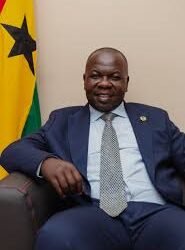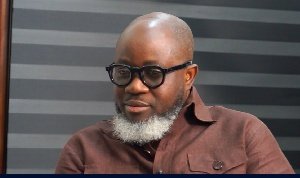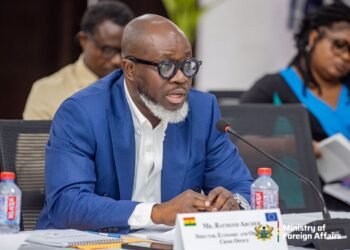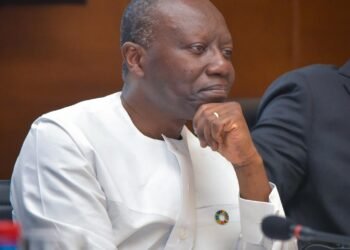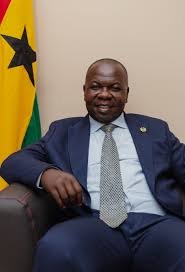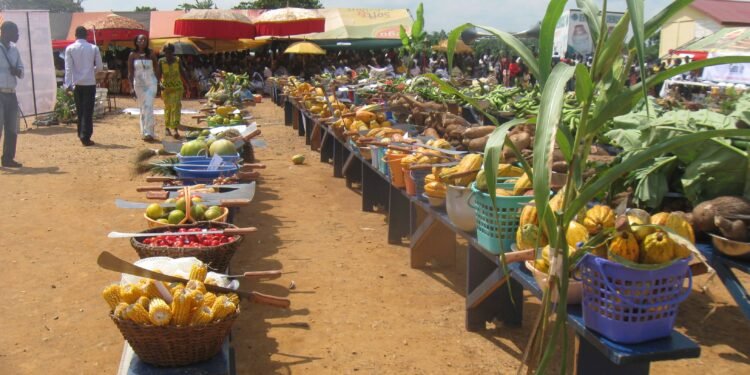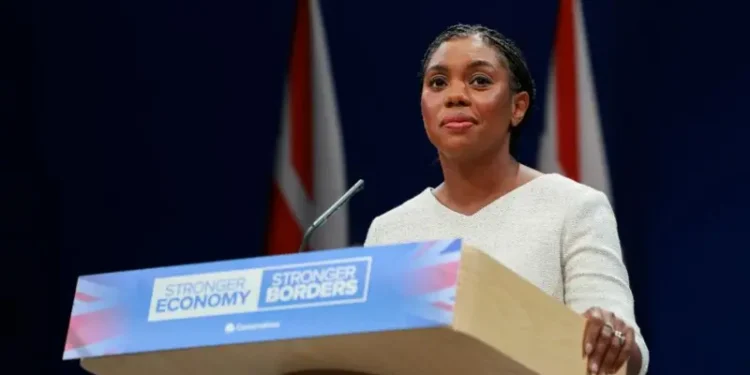A seasoned activist of the National Democratic Congress (NDC), Dela Coffie has taken a swipe at the New Patriotic Party (NPP) for what he describes as their hypocrisy and inconsistency in responding to the recent parliamentary developments surrounding the declaration of four seats as vacant by Speaker Alban Bagbin.
In his scathing critique, Dela Coffie expressed concern over the NPP’s stance, labelling it a case of selective application of parliamentary and constitutional principles, depending on whether it suits their political agenda.
He pointed out the party’s swift condemnation of Speaker Bagbin’s decision to declare the four parliamentary seats vacant and the NPP’s criticism of the Speaker’s actions as an “aberration,” a term he believes reflects a deeper level of political inconsistency.
“It’s easy to understand why the NPP have chosen to put the boot in. I mean, this is politics and hypocrisy is the order of the day. Not long ago, the same NPP majority in parliament actually pushed through a controversial scheme to have the Fomena MP, Andrew Amoako Asiamah removed from the house, for opting to contest the 2020 election on an independent ticket”.
Dela Coffie, NDC Activist
The political activist further recounted that at the time, the NPP majority in Parliament, backed by then-Speaker Prof. Mike Ocquaye, successfully invoked Article 97(1)(g) of the 1992 Constitution, which states that an MP must vacate their seat if they leave the party under which they were elected and choose to contest as an independent candidate or join another party.
“The NPP had no qualms urging Speaker Ocquaye to interpret the law in their favor to oust Asiamah, and the Speaker obliged by ruling that he had forfeited his seat under the Constitution’s clear stipulations.”
Dela Coffie, NDC Activist
He emphasized how Speaker Ocquaye’s interpretation of Article 97(1)(g) was seen by the NPP as a proper and lawful application of the constitutional provision.
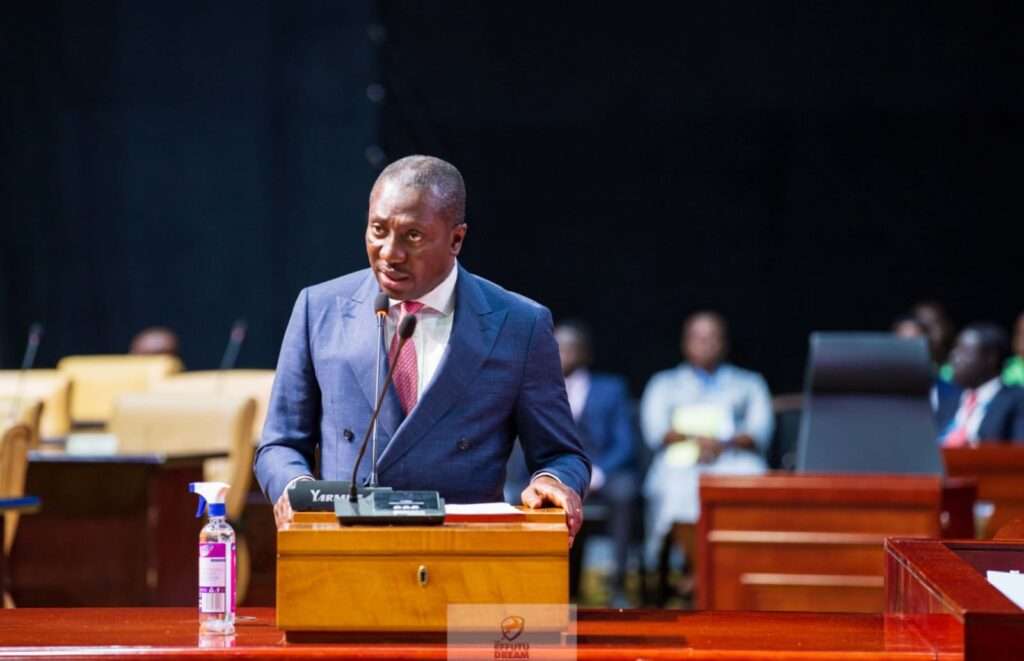
Contradictory Stance on Speaker Bagbin’s Authority
Fast forward to 2024, and Dela Coffie pointed out how the NPP, having previously championed the power of the Speaker to declare seats vacant under the Constitution, has now flipped its position in the case of Speaker Bagbin.
According to him, the NPP’s new position is that the Speaker does not hold the constitutional authority to make determinations on internal parliamentary matters, particularly the declaration of vacant seats.
Dela Coffie highlighted the NPP’s assertion that the Supreme Court should have the final say over the Speaker’s decisions, a stance that contradicts their previous defense of the Speaker’s autonomy under parliamentary standing orders during the Asiamah case.
“The same people who under the Mike Ocquaye Speakership told us that Parliament operates under its own standing orders, regulations, and procedures are now saying the Supreme Court has the authority to overrule the Speaker of Parliament on matters within his jurisdiction”.
Dela Coffie, NDC Activist
He did not mince words in calling out the NPP for stirring up “unnecessary troubles” and navigating “a bog of hypocrisies, inconsistencies, and contradictions.”
The NDC activist expressed frustration over the apparent double standards in how the NPP interprets parliamentary rules depending on the circumstances and political benefits involved.
Concerns Over the Supreme Court’s Involvement
Additionally, Dela Coffie expressed deep concerns over the Supreme Court’s recent ruling to grant a stay of execution on Speaker Bagbin’s decision.
While the ruling provides temporary relief for the NPP, Dela Coffie warned that such legal precedents could set a dangerous tone for the future of parliamentary independence in Ghana.
He expressed fear that the court’s intervention in parliamentary affairs could have long-term consequences, potentially eroding the Speaker’s authority to manage internal matters within the legislative chamber.
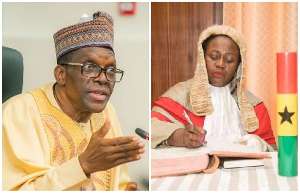
In his concluding remarks, Dela Coffie suggested that this moment could come back to “bite all of us in the ass” if the precedent set by the Supreme Court limits the ability of future Speakers to manage parliamentary business effectively.
His comments paint a picture of political maneuvering driven by convenience, rather than consistency in the application of law.
His criticism underscores the broader conversation about parliamentary sovereignty, the separation of powers, and the role of the courts in determining internal legislative matters.
While the NPP continues to challenge Speaker Bagbin’s decision, Dela Coffie’s remarks highlight the potential ramifications of such legal battles, not only for the current political landscape but also for the future integrity of Ghana’s parliamentary system.
READ ALSO: Ruto Appoints Successor After Gachagua’s Impeachment




